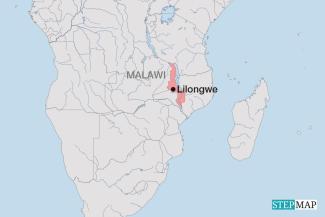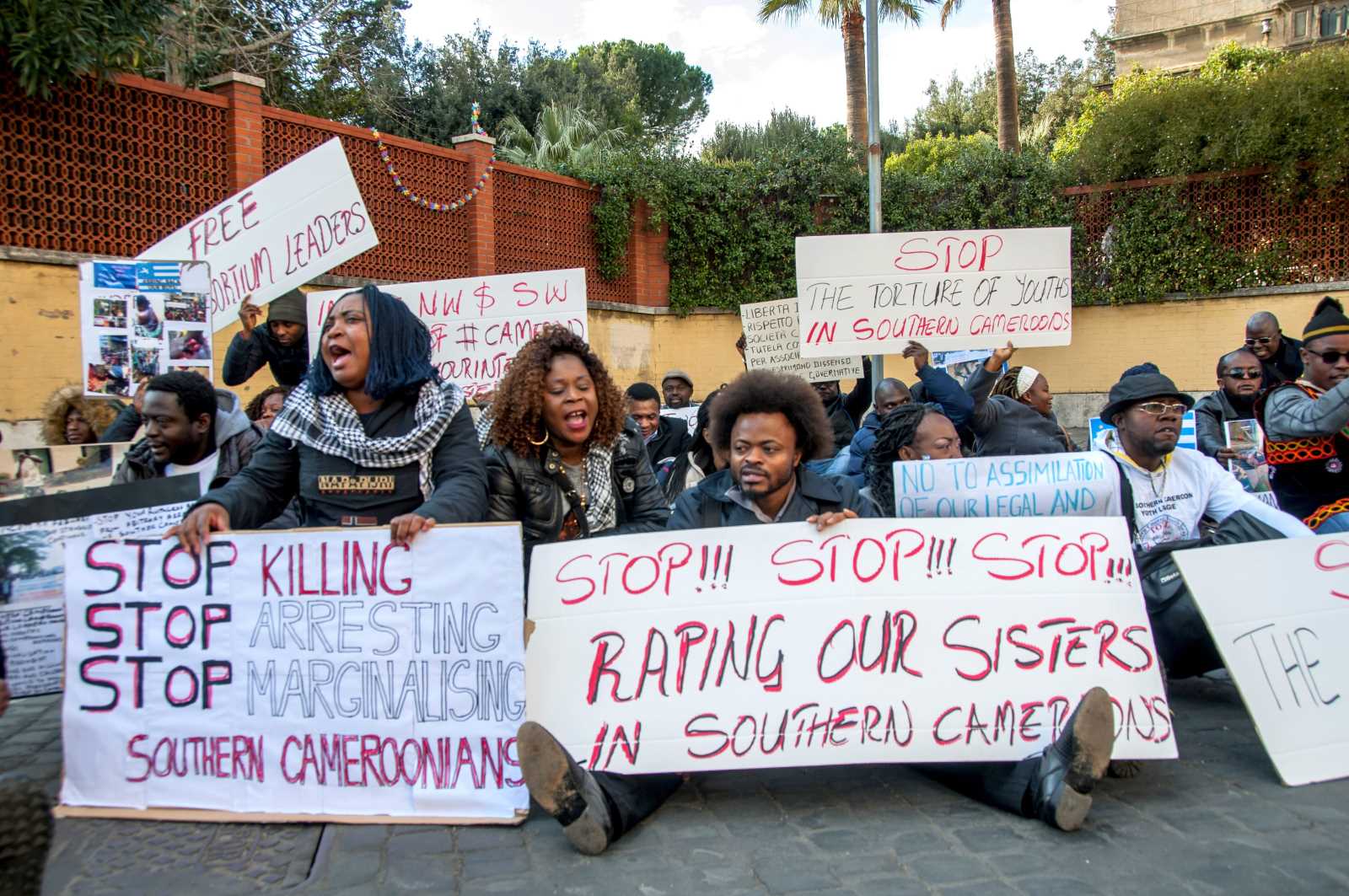Gender equality
In Malawi, women are still not allowed to fish

Some women are now standing up to this archaic tradition. They are buying fishing nets and gear. But they are still not accepted. “Women are not allowed to go into the waters, despite them owning the nets. Men will tell you that it is against our culture for women to do so,” 50-year-old Ellen Zaya, who owns two fishing nets, says.
“At first, I was just buying fish from fishermen when they come to the landing site. Sometimes women are even forbidden from buying the fish especially if you do not know fishermen,” she says: “It was because of these hustles that women decided to buy fishing nets and venture into fish harvesting.”
Zaya adds, she wished she could break the gender divide by going into the waters and doing the fish harvesting herself, “but my husband says I cannot do it. It is against culture and unheard of.” Many women are now fighting for change also because they have become victims of sexual exploitation. In many fishing landing sites, men would want to trade sexual favours before selling fish to female traders.
A five-year project on sustainable fishery tries to make a difference. It is currently being implemented by the Department of Fisheries with funding from the African Development Bank (AfDB). The project hopes to train close to 20,000 fisher people with 50 % expected to be females. The project leaders say women are deliberately being targeted to “bridge the gender gap”.
However, many men still oppose the emancipation of women in fishery. Medson Phiri, a local authority in Tukombo, says it will be wrong to let women go into the waters and do the harvesting on their own despite them owning the nets. “Women are supposed to listen to their husbands. If the husbands say, ‘do not go into the waters to fish’, then they should listen,” says Phiri.
He defended the belief of not allowing women to go into the deep waters of Lake Malawi to fish saying that women “are weak and cannot pull the nets the way men do.”
Raphael Mweninguwe is a freelance journalist based in Malawi.
raphael.mweninguwe@hotmail.com













